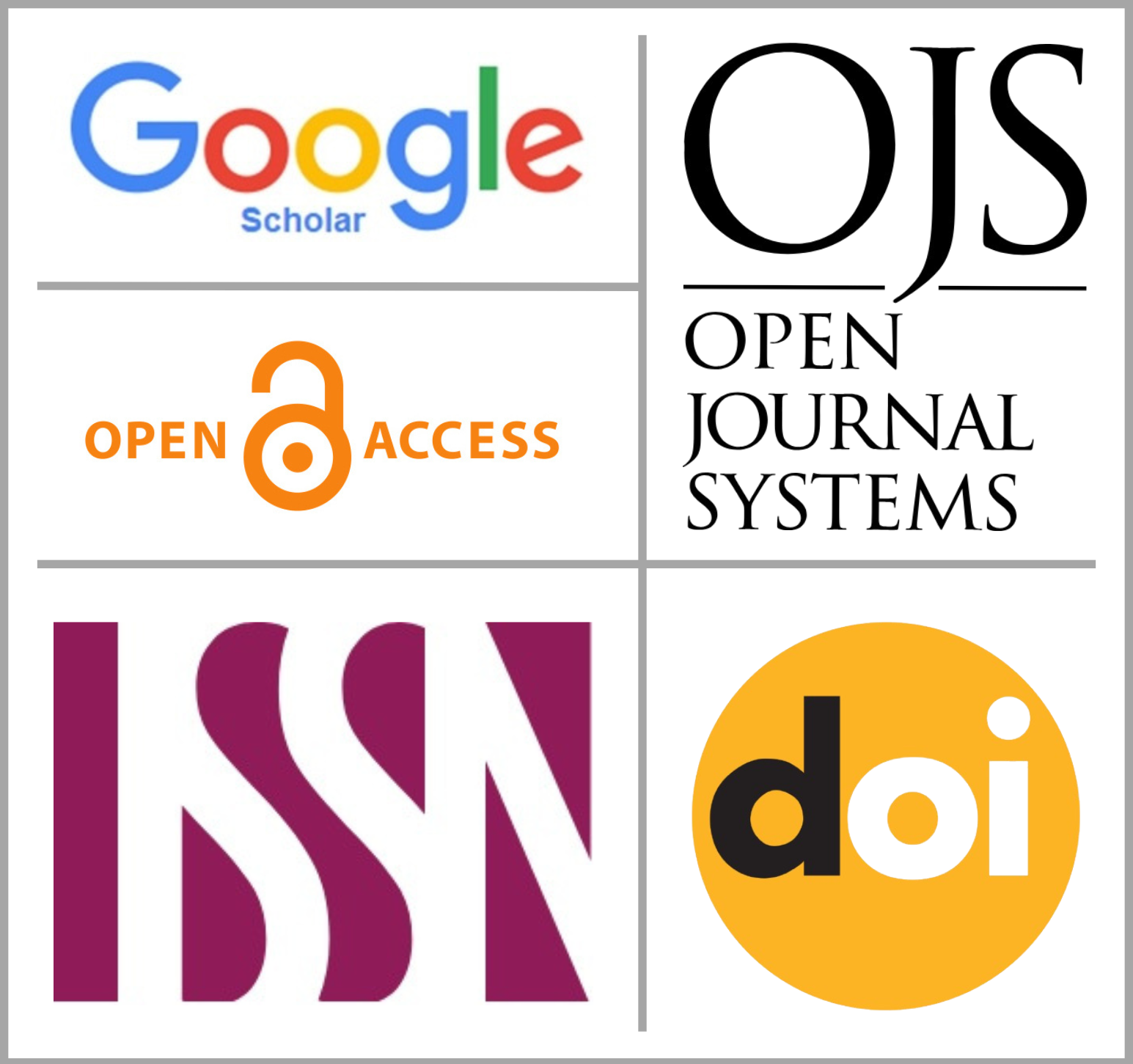Mental Health in Youth: Investigating the Impact of Social Media Usage on Adolescent Anxiety and Depression Levels
DOI:
https://doi.org/10.63056/amjhs.1.1.2025.13Keywords:
social media use, adolescent mental health, anxiety and depression, cyberbullying, digital literacyAbstract
The relationship between social media use and adolescent mental health has become a hot topic concerning its implications to psychologists, educators and policymakers alike. This report aims to the extent to which social media is a contributing factor to each of the two mental health concerns of anxiety and depression. Based upon a mixed-method methodology, we conducted quantitative and qualitative data collection from participants aged 13-19. Using standardised tools such as the Generalised Anxiety Disorder (GAD-7) scale and Patient Health Questionnaire (PHQ-9), our quantitative method was deployed on 200 participants whilst qualitative data was collected on a smaller sample of 20 participants through semi-structured interviews where the sample was established through a random splitting of students. The findings indicate a statistically significant positive correlation between time spent on Instagram and TikTok respectively and symptoms of anxiety and depression as evidenced by the following: 38 per cent reported being cyber bullied which resulted in higher levels of stress and emotional withdrawal, 68 per cent identified a social comparison in relation to anxiety and depression, which also caused feelings of inadequacy and low self-worth, and lastly, 71 per cent reported sleep disruptions which were related to poor sleep hygiene and emotional instability.
The stories told through qualitative interviews emphasized how adults, children's emotional health, validation, FOMO, and peer pressure could contribute to idealized representations of themselves online. These outcomes underscore the urgent need for mental health strategies that include digital literacy efforts, parental awareness, and school-based approaches that advocate for moderate and conscientious use of social media. This study helps add to the scholarly discussions about how, although social media connects and allows access to information to adolescents, its toxic and unregulated use creates significant threats to adolescents' mental well-being.







